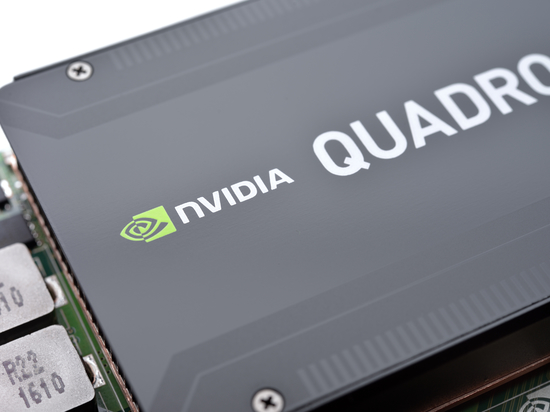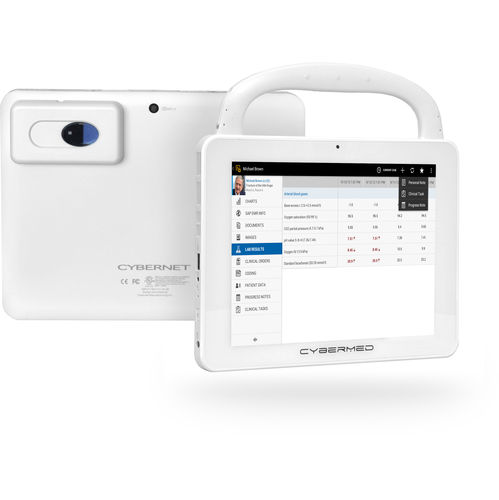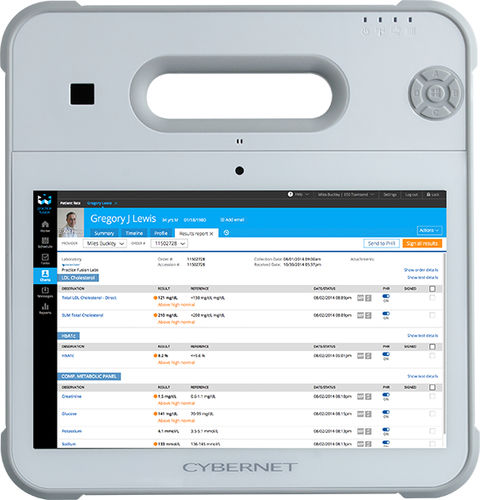
#Industry News
What are Retail Clinics and Are They the New Healthcare Model?
Getting health checks between shopping trips
“Doctor” may soon be joining the weekly grocery list.
This is through retail health clinics. These alternatives to the traditional doctor’s office may be a new branch in healthcare's future with patients.
What is Retail Healthcare?
Retail healthcare is a form of healthcare service. As the name implies, they are typically located within retail stores though they are also found within supermarkets and pharmacies. Other names include "retail clinics,” "convenient care clinics," and "nurse-in-a-box."
Retail health clinics aim is to provide walk-in service for patients with minor medical ailments. QuickMedx is considered the first retail health clinic. It later changed its name to MinuteClinic. Consumer Value Store, more well-known today as CVS, later purchased the MinuteClinic chain in 2006.
In the US, three of the most most well-known retail health chains include:
Little Clinics by Kroger
MinuteClinic by CVS
RediClinics by Rite Aid
Target Clinics by Kaiser Permanente
Six Benefits of Retail Healthcare for Patients
Retail health clinics provide an alternative for patients who may normally go to Urgent Care Centers or ERs for their medical needs. They provide the following advantages:
Location Convenience
Patients find retail health clinics easy to locate as most are centrally located in urban, suburbia, and even rural areas. Parking spots usually are plentiful as well. And it’s a breeze for patients to get any prescriptions filled.
Better Hours of Operation
Retail clinics are usually open longer than an Urgent Care Center. Typical hours may be twelve hours a day during the work week and eight hours a day on the weekend. Some may also have holiday hours depending on the chain.
No Long Wait times
Patients can visit without making an appointment with most retail health clinics. They can simply walk in, check in with a staff member or use a patient kiosk, and wait to be seen. Some clinics, though, may encourage patients to schedule ahead of time to avoid busy times. Regardless, retail clinics have shorter wait times compared to UCC or ER.
Advanced Practice Clinicians (APCs)
Advanced practice clinicians like nurse practitioners (NP) or physician assistants (PA) primarily staffed retail clinics. Registered nurses (RN) may also be on board to assist them. All have been educated, trained and – most importantly – certified to treat non-life-threatening health issues. A medical doctor, who may or may not be on-site, signs off on their work.
Limited Medical Services
Retail health clinics are permitted to treat minor illnesses, injuries and offer some forms of preventive care. A partial list of medical services and treatments include:
Allergies
Allergy test
Bronchitis
Cold and Flu
Diarrhea and intestinal infections
Ear infections
Head lice
Headaches
Minor injuries, burns, and rashes
Pinkeye
Ringworm
Sinus Infections
Sore throat
Sprains and strains
Urinary tract infections
Warts
The medical staff cannot do stitches, take X-rays, or treat life-threatening emergencies.
A few health retailer clinics may be permitted to give vaccinations and perform certain forms of screenings. Physical therapy with a specialist is available with a few. Others may offer telehealth options especially for rural healthcare.
Set and Transparent Pricing
Retail health clinics usually charge a set price for a particular service or treatment. This is in sharp contrast to most medical clinics and hospitals where pricing and costs are fluid and handled by insurance companies.
Retail clinics usually post pricing for their list of services onsite, online, or both. They are typically less than Urgent Care, the ER, or even a medical office visit. Most accept some form of health plan including Medicare and Medicaid. For patients with no coverage, cash and credit cards are acceptable.
Closing Comment
Retail health clinics provide a place for patients to get non-emergency medical care like vaccination. In contrast to urgent care centers and emergency rooms, retail clinics offer convenient locations, lack of wait times, and readily available pricing of services. Treatment is administered by non-MD clinicians.
Contact an expert at Cybernet if your health clinic retail stores are looking into how medical PCs and medical tablets may help with clinic operations and patient care.








